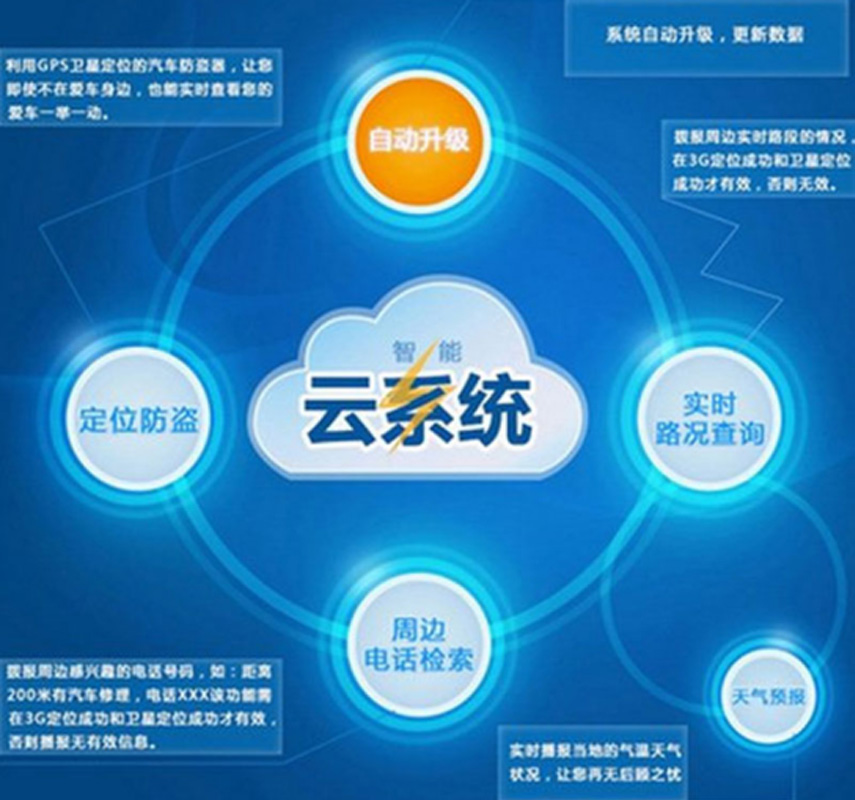As more cities become interconnected and the information dividend brought about by big data is further released, its impact is particularly evident in urban transportation. Transportation is like the circulatory system of a city. The development of intelligent transportation, radiating from pilot projects to all parts of the country, can play a significant role in alleviating urban parking difficulties and traffic congestion. The rise of cloud parking has effectively improved the parking challenge. So, how should we view the future of smart cities from the rise of cloud parking?

I. What is Cloud Parking?
With the development of technology, parking lots have evolved from manual charging of vehicles at entrances and exits to intelligent parking lot systems using IC card, ID card, and license plate recognition charging. More and more car owners prefer contactless intelligent parking systems. Recently, the concept of cloud parking lots has been introduced on the basis of intelligent parking charging systems. For many people, cloud parking lots may still be unfamiliar. So, what exactly are cloud parking lots?
Cloud technology is a macro technology that, when applied to intelligent parking lot management systems, has had a significant impact on parking lots due to the promotion of networking and the introduction of cloud concepts. Cloud parking lots utilize the Internet of Things and cloud computing technology to manage parking lots located in different positions and centralize dispersed data, achieving remote online management of parking lots. They offer functions such as ubiquitous parking navigation, space reservation, off-peak parking, and online payment, enhancing the level of parking services and management.
The cloud parking system mainly includes a parking management cloud platform, a parking lot management cloud platform, parking lot entrance and exit equipment, self-service payment terminals, video guidance, car search systems, and mobile apps. It integrates cutting-edge technologies such as cloud computing, intelligent image recognition, mobile, and UnionPay payment technologies. By using the internet and mobile internet to connect scattered parking lots, it moves parking towards a direction of being unmanned and mobile.
2. Advantages of Cloud Parking Over Traditional Parking Lots
The main difference between the cloud parking system and the traditional parking lot system is that cloud parking introduces cloud computing technology and IoT management. It breaks the information silos of traditional parking lots and achieves unified system platform management. Compared to traditional parking lots, the cloud parking system has the following advantages:
1. Smart cloud parking can automatically recognize license plates and upload parking space data in real-time, facilitating parking lot managers to grasp the dynamics of the parking lot.
2. Cloud parking lots use paperless online payment, eliminating various irregular charging practices in traditional parking lots.
3. Cloud parking can manage multiple parking lots through cloud computing and utilize idle parking lots. If car owners have spare parking spaces, they can rent them through the "cloud parking" system, improving the efficiency of parking lot use.
4. Cloud parking allows users to understand the real-time situation of the parking lot and the online status of all users, enhancing security.
From the perspectives of parking lot manufacturers, parking lot managers, and users, cloud parking can enhance their benefits. Moreover, due to the increased utilization and efficiency of parking lots, thepositive social benefits brought by intelligent parking lots should not be underestimated.
-
Next:
Smart parking is the trend of the future, and the market prospects for smart parking are broad.
Previous: No Data

